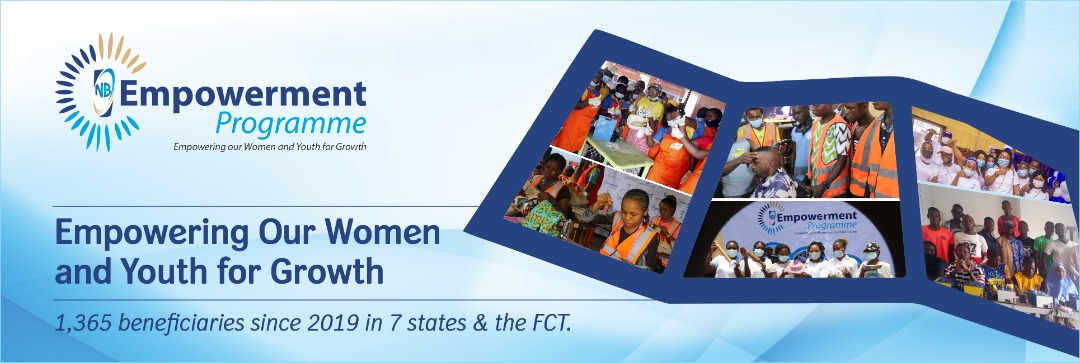Rich countries and multilateral donors have so far mobilised only 7 per cent of the estimated $198.88 billion that West African countries need by 2030 to cope with the climate crisis and pursue their own green development, a study by Oxfam revealed.
According to a new Oxfam study released on Tuesday, Climate Finance in West Africa, 62 per cent of $11.7 billion declared by donors between 2013 and 2019 have been mostly in the form of loans, which will have to be repaid, many with interest, aggravating the debt crisis in most West African countries.
Climate finance is a highly-contentious issue that again threatens the success of the crucial UNFCCC climate talks in Egypt this November.
Oxfam and a hundred African civil society organisations are concerned that African countries will come to the summit with little confidence that donors will honour their repeated promises to mobilise 100 billion a year for climate action in developing countries (a target that has been missed by $16.7 billion in 2020).
These organisations are calling on rich countries – historically responsible for climate change – to assume their fair share to help the region face the escalating climate crises that have hit the African continent.
The report warns that rich countries are increasingly using loans to help West African countries cope with climate change. Between 2013 and 2019, loans have increased by 610 per cent, from $243 million to $1.72 billion. By comparison, grants have only increased by 79 per cent.
Among the donors that have made the most use of loans as a proportion of their total climate financing are the World Bank (94%), France (94%), Japan (84%), the African Development Bank (AfDB) (83%) and the European Investment Bank (EIB) (79%).
“West Africa is burdened by multiple crises, including climate change, hunger and insecurity. These financial flows, nonetheless, are less than what is needed. That they are loans further incapacitates a country’s ability to cope.
Falling short of climate change financing will push West African countries further into debt, and its citizens to pay the high price of climate disaster which they are least responsible for,” said Dr Vincent Ahonsi, Oxfam International Country Director.
The consequences on debt and the capacity of countries to provide basic services to populations facing multiple crises are very real.
For example: • Although Niger (7th most vulnerable country in the world to climate change), Mali (13th most vulnerable), and Burkina Faso (24th most vulnerable) all face a risk of debt distress, they have received a sizable share of climate finance in the form of loans and debt: 51%, 43%, and 41%, respectively. These countries are already being pushed into a new wave of austerity measures by the IMF and are planning combined budget cuts of $7.2 billion by 2026, which will further limit their ability to invest in quality public services and protection for their citizens.
- Between 2013 and 2019, the eight countries analysed in this paper (Senegal, Mauritania, Mali, Burkina Faso, Niger, Ghana, Nigeria) received a total of $11.7bn in international public climate finance, an average of $1.7bn per year. In absolute terms, Nigeria and Senegal received the most finance, averaging $407m and $375m per year, respectively. However, looking at per capita figures, Nigeria becomes the worst ranked country, averaging $2 per person each year, a figure which is explained by its relatively large population, while Senegal and Mauritania receive the highest per capita shares ($22.50 per person and $14.70 per person, respectively).
Oxfam believes that funding in West Africa should focus on adaptation measures rather than mitigation, given the region is a very low contributor to global greenhouse gas emissions. However, there is an 82% gap between the adaptation funding reported in 2019 and the needs expressed by West African countries.
Chad, the world’s most vulnerable and least prepared country for climate change, has the largest funding gap for adaptation, with 95% of its financial needs not covered ($1.49 billion of $1.57 billion per year) by 2030.
These findings are all the more alarming given that hunger is increasing at an unprecedented rate in the region, in part driven by droughts that are becoming more frequent and severe as rainfall becomes more erratic and unpredictable. There has been a 154% increase in the number of people now food insecure between March-May 2022 compared to the five-year average between 2017-2021.
“We demand that all donors urgently increase their climate financing and honour their promises. These funds must be disbursed as grants, not loans and must respond to the priorities and adaptation needs of recipient countries and their communities,” said Sidi.
The report’s recommendations support the recent joint statement by two dozen African leaders meeting earlier this month at a forum in Cairo, where they urged the wealthiest countries to uphold their aid pledges so the continent can tackle the effects of climate change for which it shares little blame.
The report is being published ahead of citizen caravans organised by about 100 African civil society organisations, including Oxfam, that will travel across 23 continents to Egypt. The caravans will mobilise communities and policymakers along the way to highlight the harm that climate change is causing to Africa and demand more justice in climate finance.
“Our continent is heating up; temperatures are rising, and the people are suffering the effects of climate change. I urge the international community and donors not to repeat past mistakes of inadequate financing to fight climate change. The world must listen, heed and act now,” said Dr Ahonsi.
















